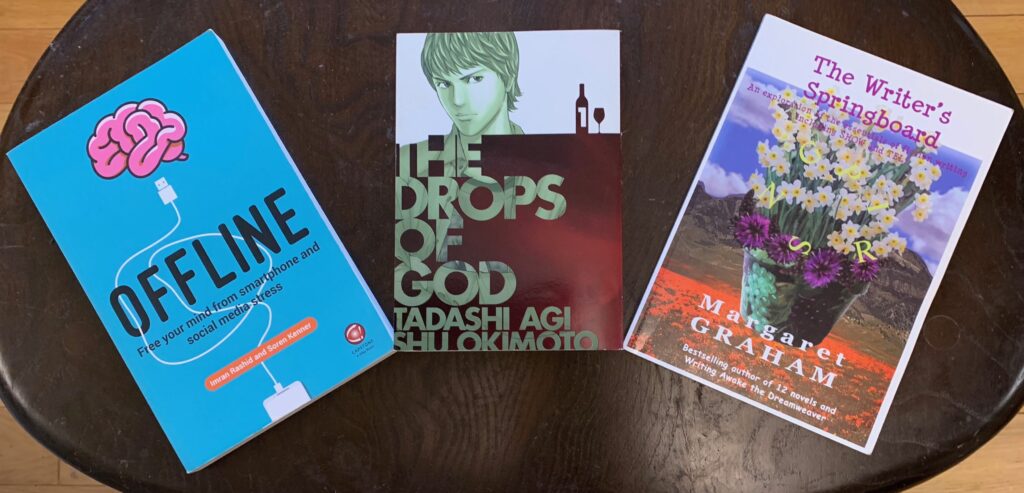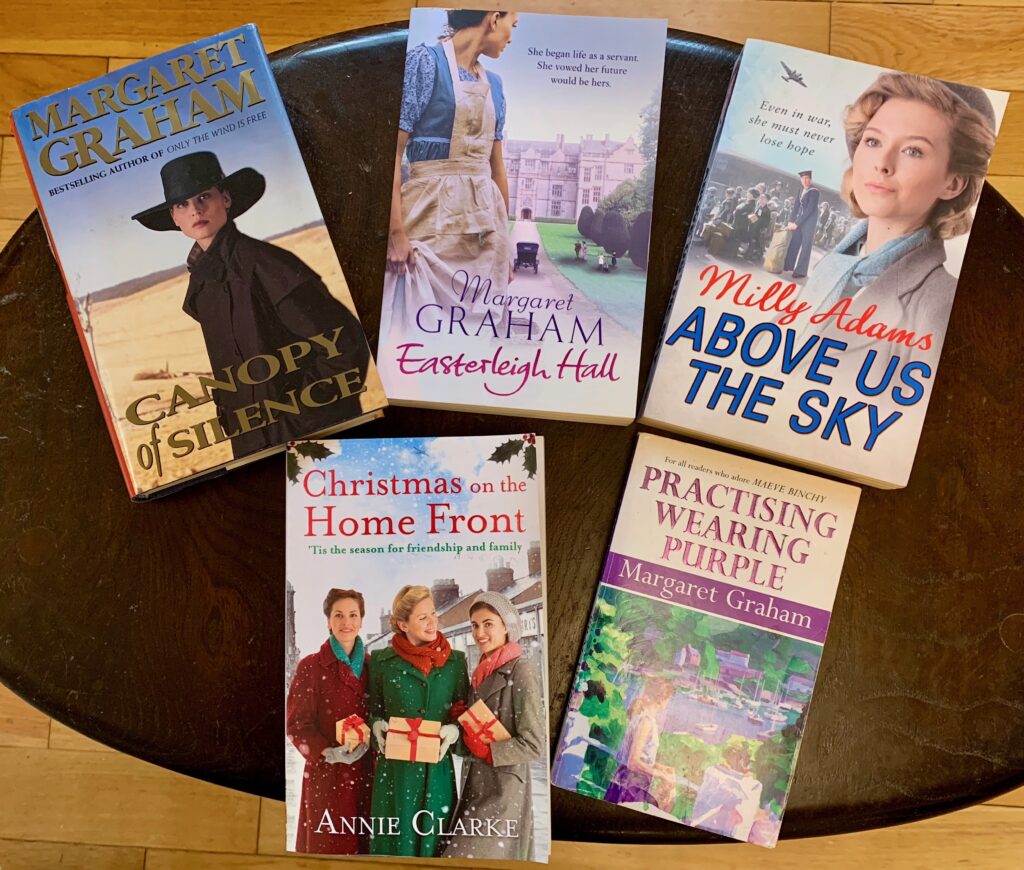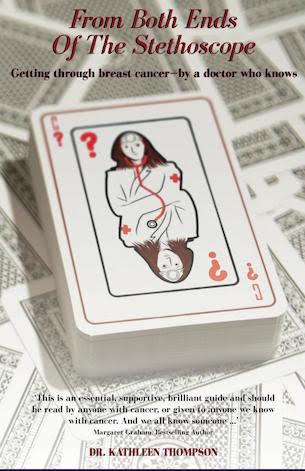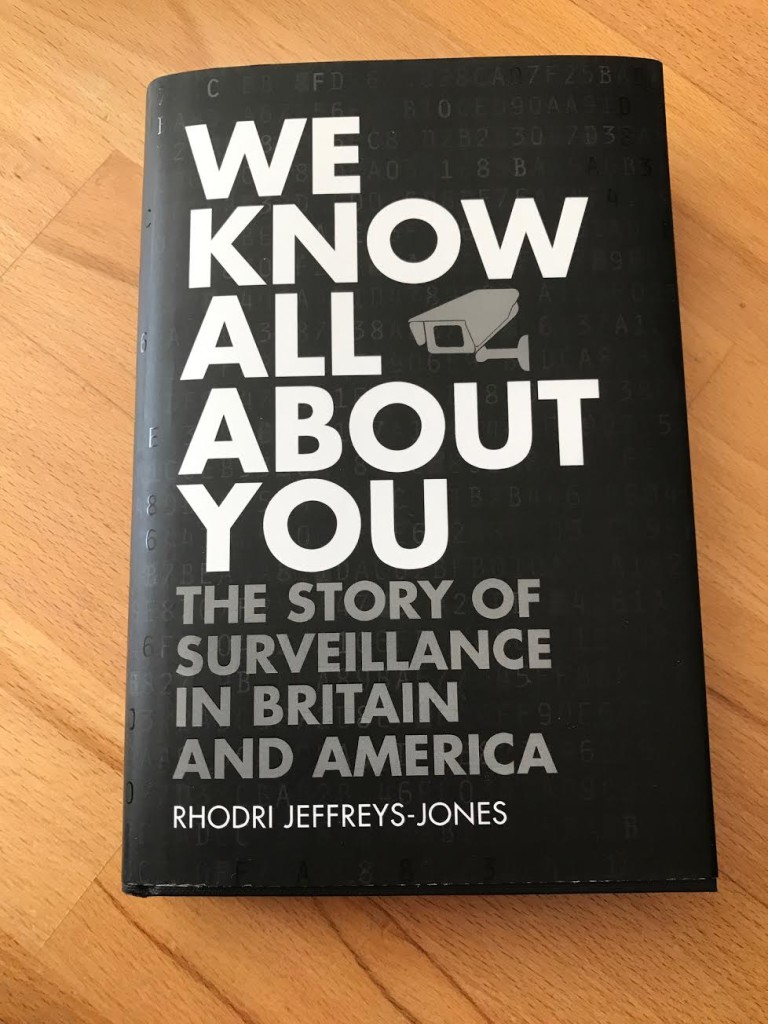After our Editors put out a call for peoples top ten books, I felt inclined to answer. After picking up reading faster than then my infanthood classmates and having a (some would say) overactive imagination, I’ve always loved *cliché* escaping into books. From biographies of drug traffickers to Bible Psalms, books have always been a big part of life, so here, in no particular order, I give you my top ten. These aren’t the most intellectual books I’ve read (or in the case of A Brief History of Time…tried to read) but their the ones that had the biggest impact on me or the ones I enjoyed reading and re-reading again and again.
American Gods – Neil Gaimen
Quite possibly my favourite book. I was introduced to Neil Gaimen through ‘The Kindly Ones’, the ninth book of his award winning comic book series ‘The Sandman’. After finding out more about his work I went in search of American Gods, and I’m so happy I did. The story of how old nearly forgotten Gods survive on what little worship they can muster, American Gods is an adventure story, a study in religion, a road trip book and is full of undying love, horror, humour and suspense. In my opinion it is literary brilliance.
Blankets – Craig Thompson
This wedge of 582 page graphic novel (that’s quite a bit for a single story in the comic world) was a present from a very good friend. I lugged this heavy bastard of a book home with me, made a cup of tea and started reading….I could not put it down. Taking place over a few years in the life of author Craig Thompson, this autobiographical story is told as recounted memories of his Evangelical Christian upbringing, his first love, his sexual awakenings and his confusing coming of age. Set mainly in the mid nineties, Blankets is full of outstanding emotional artwork and nice references to awesome music (the characters all dig punk and grunge) and took me back to my own teenage years and memories. The only graphic novel I’ve read that brought tears to my eye’s but not the best introduction to the world of comics yet its still one of the best.
Nineteen Eighty-Four – George Orwell
For years I heard people talking about how amazing this book was so I thought ‘right…I really should read it’. Those people weren’t wrong. A truly sinister look into a totalitarian future (it was published in 1949) it shows a world where the government have absolute non-negotiable control over everything, including your thoughts, using the moniker Big Brother and have the ability to change history to suit there current outlook without a single question raised from the populace. Growing up in the aftermath of World War II, protagonist Winston Smith has foggy memories of his childhood and after being asked to erase information that would change history he starts to internally question the government’s motives and power. Nineteen Eighty-Four also contain the best ending of a book ever, as soon as I read the last word I was absolutely speechless. Unfortunately, I was last reading it on the way to a film set the other day and I left it behind and my mate is still looking after it for me!
Northern Lights – Philip Pullman
This is one of the best children’s books and a great way to get kids to start reading more than the Beano (is that still going?). The first in Pullmans His Dark Materials trilogy, Northern Lights, now filmed as The Golden Compass, is a proper adventure book. As a young teen I could often be found on sunny days sitting in my room reading about the friendships and adventures of Lyra Belacqua and her dæmon Pantalaimon (everyone in this parallel world has their own dæmon, as they are physical manifestations of their souls). I’m not sure why I’ve always loved fantasy stories, maybe it’s due to me not having a spiritual side, I need them as a way of escaping reality….hmmm, one to ponder.
Mort – Terry Prachett
The fourth in the huge collection of Pratchetts Discworld novels, I have read nearly all of them and loved them all, so it was difficult to choose one to put in this list, so I figured, it should be the first I read. Taking place on the impossible Discworld (a round flat world that rests on the backs of four elephants that stand on the shell of a giant turtle that swims through space!), Mort is the story of a young simple lad with no aspirations who, after the advice given by his father to become an apprentice, is taken on by Death. The nature of Death is explored in Pratchetts own humour filled way while Mort learns the ropes and tries to ignore his confusing feelings towards Deaths adopted daughter. A great addition to this shelf filling series.
American Psycho – Bret Easton Ellis
This is a scary book! I find watching someone’s decent into madness so much worse than ghouls and monsters, and that is exactly what we get with Patrick Bateman. On the surface Bateman is just another 80’s stupidly rich yuppie investment banker, but we also get an in depth view of his insanity. Beginning with relatively harmless madness with just constantly checking clothing choices and holding in his anger when one of his friends has a better business card than him, Bateman deteriorates through imaging killing to committing horrific acts of violence (if you’ve read it…think back to the drainpipe and the rat *shudder*). American Psycho can sometimes be a difficult read with it constantly explaining in detail every item of clothing of every character and Batemans occasional internal rambling monologues, but seeing as the book is narrated by Patrick it is all necessary to get a complete overview of the character. If you haven’t read it, put aside a few weeks and immerse your self in madness.
Fox in Socks – Dr. Suess
Dr Suess was a genius. His non-sensical tongue twisters designed to help children learn sounds and speech patterns are some of my favourite poetry, and Fox in Socks is a collection of some of his best. I still struggle with the Tweetle Beetles but can recite the story of Luke Luck and his Duck by heart!
Yes Man – Danny Wallace
This is the most dangerous book I’ve ever read, more dangerous than Mein Kampf and more dangerous that The Anarchists Cookbook (the latter of which I’ve read), purely because while reading it you will feel compelled to say yes to anything. While reading this, a friend suggested I attend an Alpha Course, which is why I attend a church every Wednesday to join a group of Christians talk about God (as an atheist, this is annoying, boring and sliiightly maddening!) and why I am saving up for a passport to go to Hamburg, which is an absolute must as I mentioned it on twitter and Danny Wallace himself wrote back to me saying I should do it! YesMan is based upon a year of the authors life in which, after living the life of a recluse for a while, he decides to get more out of life by saying yes to any and every opportunity. A very funny tale of danger, excitement, adventure and eventual love, YesMan is a brilliant feel good book that will make you want to get more out of life. (and er, Danny, if you ever read this, I really wasn’t comparing you to Hitler in the first sentence…it’s the first dangerous book I thought of)
Born Standing Up – Steve Martin
The Jerk, Planes, Trains and Automobiles, Dead Men don’t Wear Plaid, all very very funny films, but how did Steven Martin end up there? In Born Standing Up we find out about Steve’s childhood, his first job at DisneyLand, his first foray into the world of showbiz during his stint as shop assistant in a magic shop and his move into stand up comedy. A must for any fan of Steve or the surreal side of stand up (which we find out Steve was one of the pioneers of).
Factotum – Charles Bukowski
I had been out drinking with some friends, my mate let me crash on his settee, and in my insomniatic drunken stupor I fumbled about after everyone had gone to bed looking for something to do. I stumbled across a book and decided it would probably help me get to sleep if I read something. Factotum didn’t help, it kept me awake till morning. Written about Bukowski’s alter ego Henri Chinaski, we see the life of an alcoholic, constantly unemployed writer who cant get anything published even though he knows his work is much better than what is being released. Through half-hearted relationships and his need for cheap wine, Henri’s tale is heart-breaking in a ‘there but for the grace of God go I’ way and a compelling, involving book written by someone with a mastery of words.





